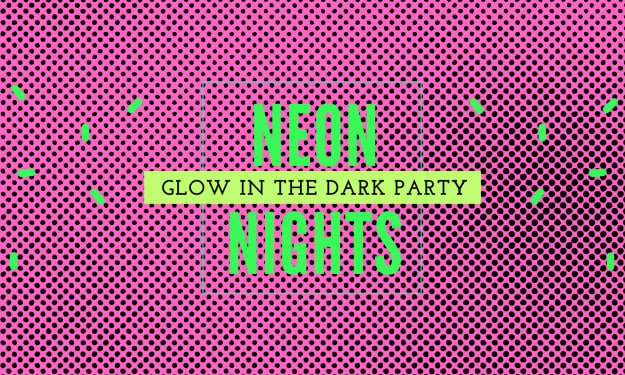The Grammys Vs. Feminism
Sexism, Snubbing, and Scathing Selection: Grammys 2018 is a S*** Show built on undervaluing female work.

The Recording Academy, the organisation behind The Grammy's, provide the following (heavily ironic) ethos on their website:
"dedicated to celebrating, honouring and sustaining music's past, present and future."
However, on the 60th Grammys Awards Night, hardworking female artists were far from celebrated. Talented female musicians were far from honoured. It's ironic that "music's past" is syntactically prioritised in the Academy's slogan, as an ugly tradition of sexist inequality was sustained at the awards—which felt like a step back for female musicians. Never before have we so badly needed to talk about "the biggest night in music."
With only one exception, every single televised 2018 Grammy award had a male recipient.
Which is pathetic. 2017 gifted us with formidable female talent. Kesha's "Praying"—a truly seismic record relating to the sexual, physical and verbal abuse she suffered from a male producer. It broke a silence, a taboo, a well-kept secret, on the glaring male gaze and misogyny that somehow still poisons this business. Kesha's powerhouse vocals, heart-wrenching and personal lyrics made "Praying" a bravely triumphant tour-de-force hailed by many critics as one of the best tracks of 2017. AND YET STILL, she lost out on Best Pop Solo Performance to Ed Sheeran's "Shape of You"—a song about hooking up.
In fact, "Shape of You" was up against four all-female nominees in that "Pop Solo" category and beat them all.I'm aware that a song doesn't have to be emotionally gripping to be considered great, but the power and feeling in Sheeran's competitors in this category was undeniable. Lady GaGa's "Million Reasons" is instantly a classic with fans, and some of her best work. P!NK's "What About Us" similarly, is a subtly political, anthemic achievement left undervalued. Therefore, 2017 saw female artists singing about important topics, in Kesha's case, conversations that urgently needed to be had.Despite this, Neil Portnow (the man in charge of the Grammys) had the nerve to claim "women need to step up."
Amongst the Album of the Year nominees was Lorde's Melodramawhich expertly explored a coming-of-age world expressing three-dimensional emotional depth, whilst ensuring each song had its own unique shine. It was a collection of diamonds. Itself a "step up" from her acclaimed debut album Pure Heroine.Yet the night's big award was won by Bruno Mars for his album 24k Magic—a collection of trashy-pop; merely retro throwback tracks. Lorde was also the only woman to receive a nomination for Album of the Year, and was the only nominee who was denied the opportunity to perform.
Kesha's stand-out performance of "Praying" featured a chorus of strong women uniting in defiance against an industry which seemingly continues to revel in patriarchal power. Similarly moving was the amount of celebrities wearing white roses on the red carpet, a display inspired by the Time's Up campaign, in a show of solidarity and support for women who have been victimised, unfairly treated, abused and targeted. Despite these two rousing displays of female integrity, it feels the Grammys are hopelessly—dangerously—out of touch.
In a world in which companies constantly try to disguise themselves as "feminist" in order to actually further capitalise on women, it perhaps is no surprise that the Academy's seemingly progressive ethos of "sustaining music's future" is blatant marketing nonsense. In practice, they have proved themselves unable to award the efforts of women in music. If the "biggest night in music" teaches us anything, it's that actions speak louder than words. In total, a mere eleven of the eighty-four awards that night went to women. That's twelve percent.Worse, The New York Times alleged earlier this week that in the last six years there have been eight-hundred and ninety-nine Grammy-nominated artists and a pitiful nine (!!) percent of those have been female.
If an institution with the colossal cultural value and power of the Grammys fails to recognise the achievements of women in the music business—especially in an industry where females are already treated differently—then it's a sad indictment on the "future" of music altogether.
We have to stop giving misogynistic, old, white men the power to give validation to only one gender.






Comments
There are no comments for this story
Be the first to respond and start the conversation.